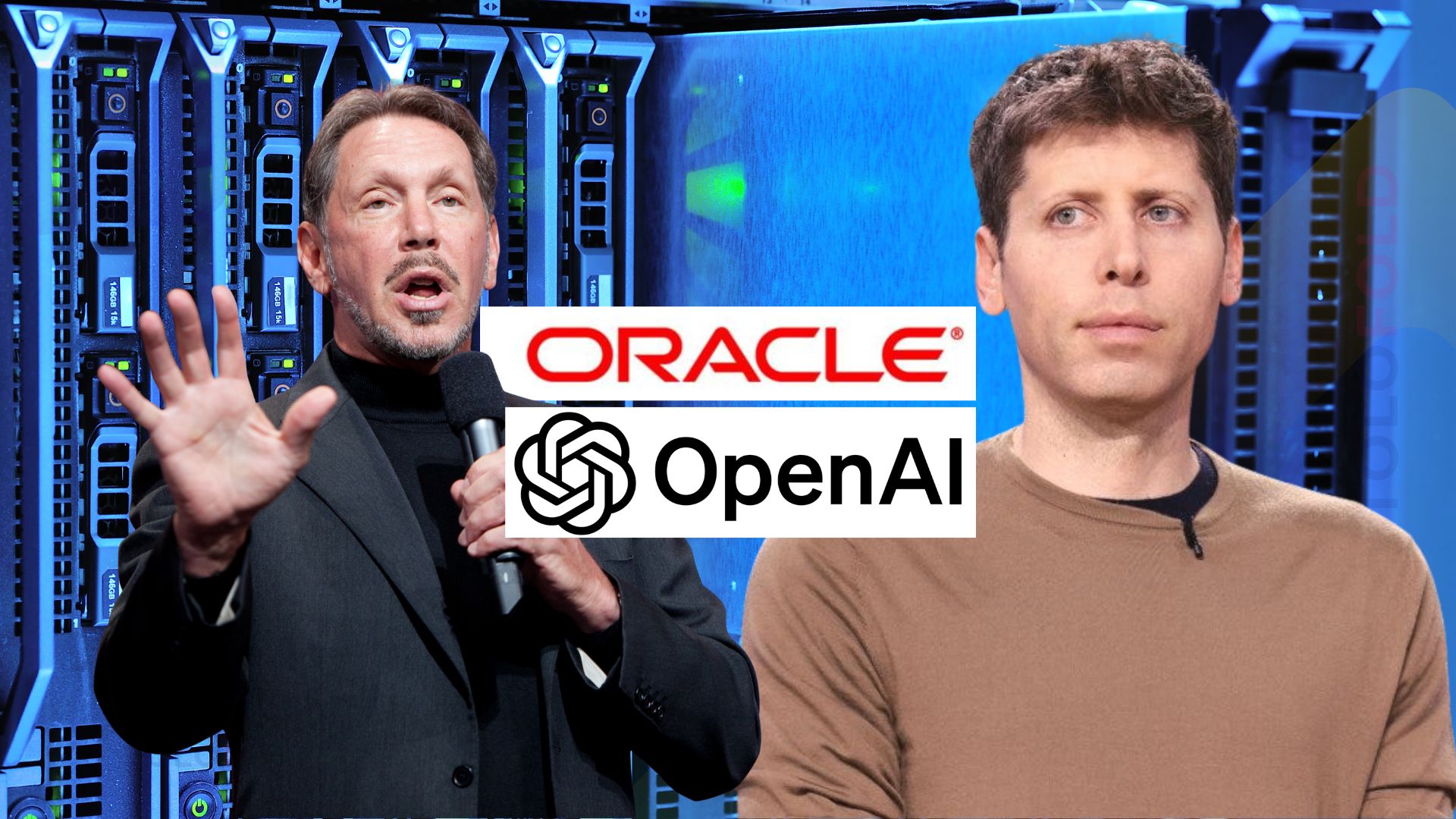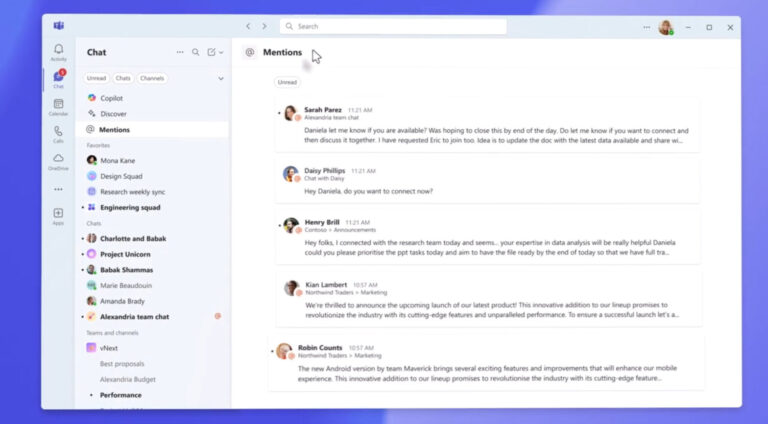OpenAI’s $30B Oracle Partnership Signals Cloud Infrastructure Arms Race
OpenAI and Oracle have finalized a multi-year agreement in which OpenAI will pay up to $30 billion annually for cloud infrastructure services to support Project Stargate, a $500 billion AI data center initiative. First reported by The Wall Street Journal and later confirmed by CEO Sam Altman in a company blog post, the deal represents one of the largest cloud computing contracts ever signed and underscores the escalating infrastructure demands of generative AI development.
The Core of the Deal
Under the agreement, Oracle will initially provide 4.5 gigawatts of data center capacity—equivalent to the output of two Hoover Dams and enough energy to power millions of homes. The partnership focuses on expanding Stargate I in Abilene, Texas, a facility that is already partially operational. Notably, the contract does not include SoftBank, another key OpenAI backer, which holds the Stargate trademark and remains in negotiations regarding its role in the broader initiative.
Why would OpenAI commit to expenditures that dwarf its current revenue? The answer lies in the computational demands of cutting-edge AI models. OpenAI’s annual recurring revenue recently surpassed $10 billion, yet its infrastructure costs are ballooning far beyond that figure. The company is betting that securing massive capacity now will position it ahead of competitors as AI adoption grows.
Shifting Cloud Alliances
For years, Microsoft was OpenAI’s exclusive cloud provider, leveraging its early investment to integrate OpenAI’s models into Azure and other products. However, as Project Stargate’s scale became clear—with plans for a 10-gigawatt global network—OpenAI diversified its partnerships. Oracle’s selection as the primary infrastructure provider marks a significant shift in the hyperscaler landscape.
Oracle’s cloud division, historically seen as trailing behind Amazon Web Services and Microsoft Azure, has gained substantial momentum with this deal. The company’s June SEC filing hinted at a $30 billion annual cloud agreement without naming OpenAI, leading to a surge in its stock price and speculation across the tech industry.
Risks and Investments
The partnership entails major financial commitments from both sides. Oracle’s capital expenditures totaled $21.2 billion in its last fiscal year, with an expected $25 billion this year—far exceeding historical spending to meet OpenAI’s demands. Meanwhile, OpenAI’s $30 billion annual outlay raises questions about long-term sustainability, even as Altman and other executives express confidence in future revenue growth.
Logistical hurdles also loom. The Abilene facility must scale rapidly, and OpenAI must balance collaboration with multiple partners, including Microsoft and possibly Google Cloud. SoftBank’s involvement adds another layer of complexity, as its financial backing for Stargate comes with strategic expectations that are still being negotiated.
What Comes Next
The OpenAI-Oracle deal is a watershed moment for AI infrastructure, signaling that no single cloud provider can monopolize the sector’s growth. As AI workloads require unprecedented scale, hyperscalers are locked in a race to deliver capacity—and secure lucrative contracts. For Oracle, the partnership is a validation of its cloud ambitions; for OpenAI, it’s a high-stakes gamble that future AI breakthroughs will justify today’s soaring costs.
The Stargate project, if fully realized, could reshape not just AI development but the broader data center industry. With phase one already underway, all eyes are on whether the partnership can deliver—and whether the AI market will grow quickly enough to absorb the expense.







